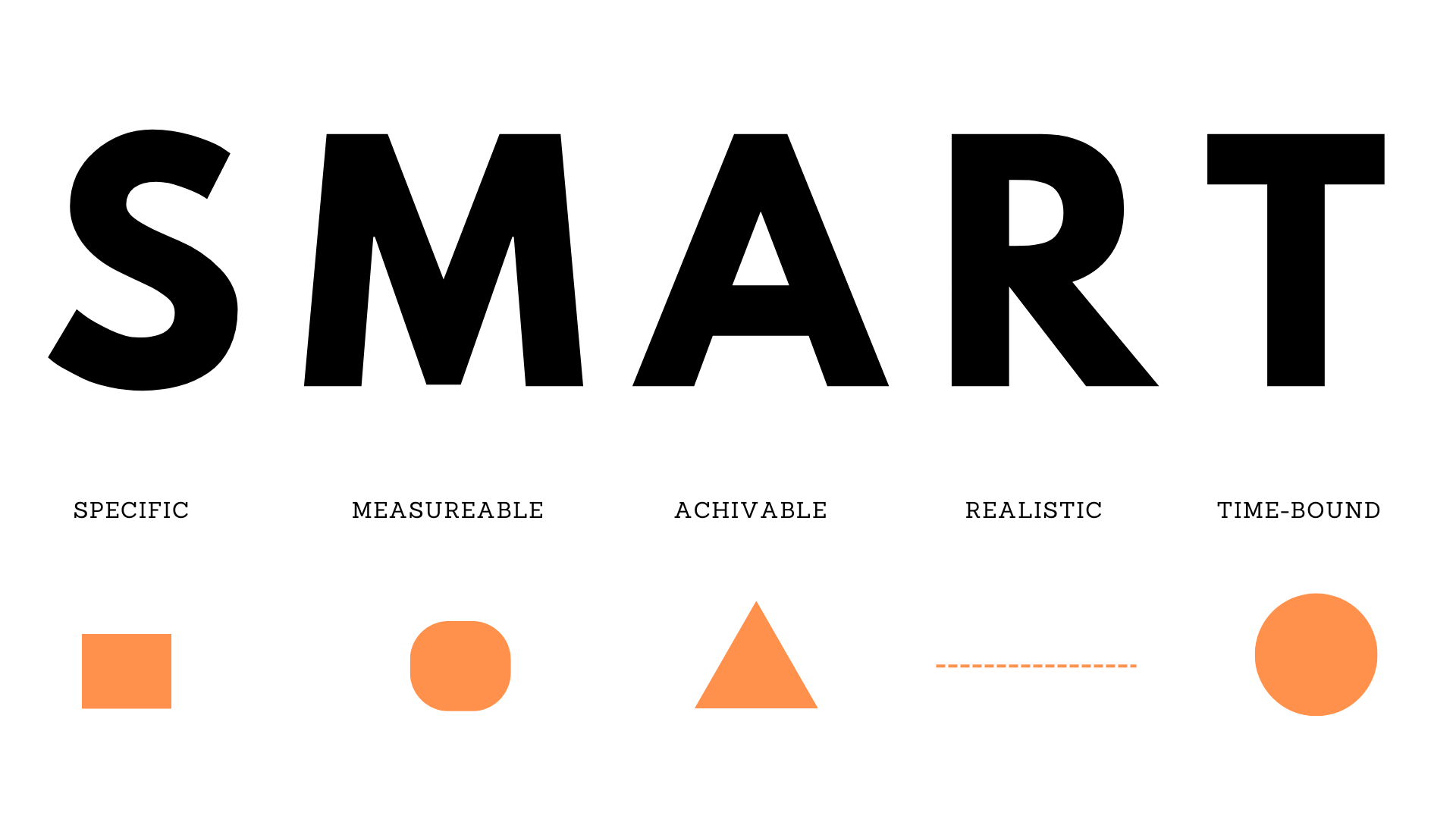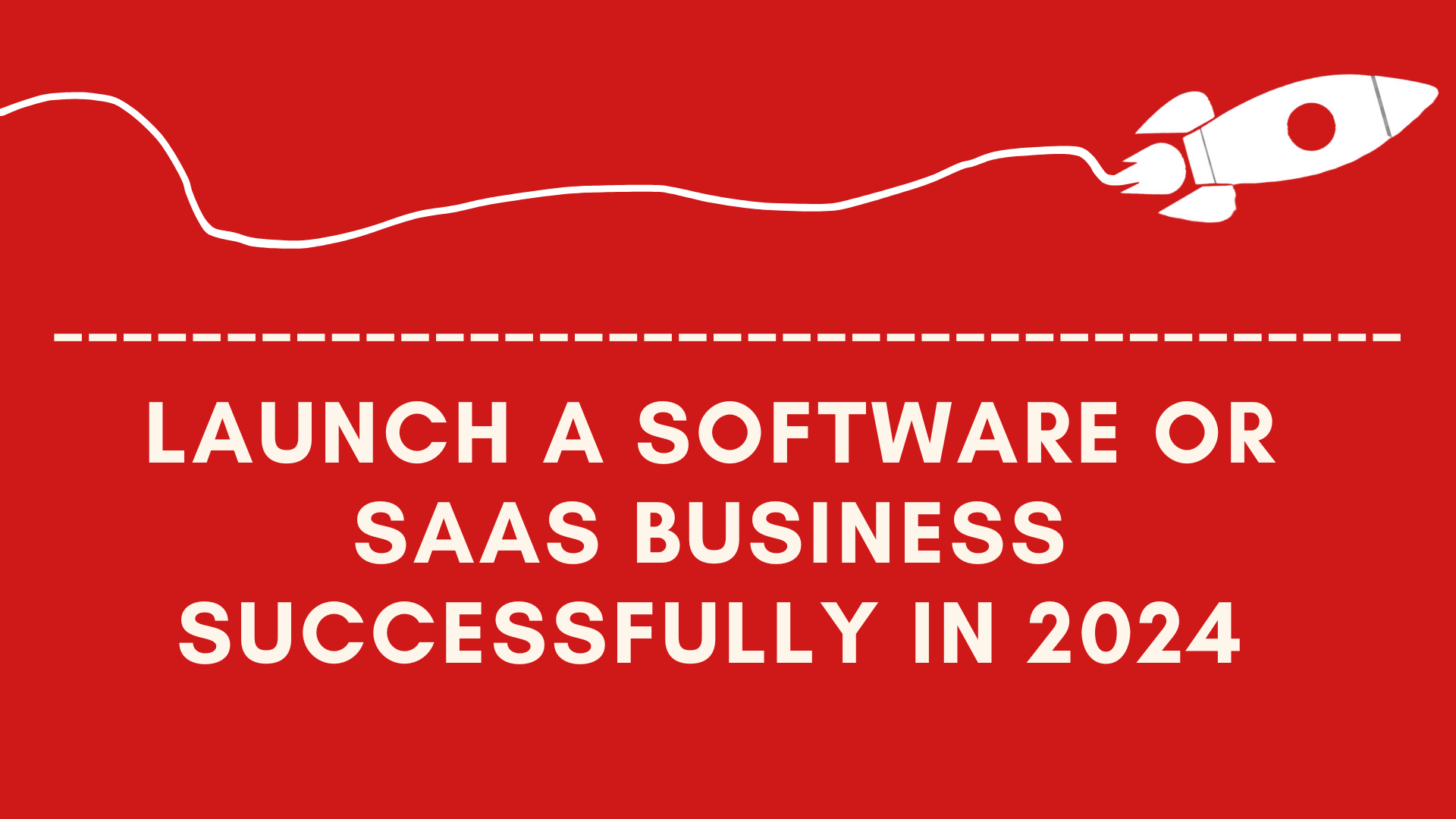"Ideas can be crazy, but goals cannot be."

Startups are a growing trend, and entrepreneurship is more popular than ever. Everyone wants to achieve fame, but only a few become truly successful and wealthy. Unfortunately, many startups fail because their ideas and goals aren't SMART enough. So, what does SMART mean, and what is all the fuss about startup? Let's delve into this blog about the SMART framework and how it can be implemented in ideas by startup owners, boards, managers, CEOs, or executives to ensure startup success.
S - Specific
Your goals shouldn't be ambiguous; they need a clear definition. If they're vague, neither you nor your team members will know exactly what needs to be done or why or when.
Take Nike, for example. Nike's founder, Phil Knight, had a specific vision for his shoes: he wanted them to be the best for athletes. Because of this specificity, Nike is now a billion-dollar brand. Whatever your idea, plan, or goal is, it should be specific. Spiritually as well people believe that when you deeply desire and visualize something, it will come to you. This is true because only specific goals are achievable. Our minds function this way. If you're not specific, you'll deviate from what you wanted, and what you'll get won't align with your initial vision. neither you can compare what exactly you have wanted and what exactly is the outcome.
M - Measurable Measurement has been crucial for over 3000 years. We measure to trust and value things, whether it's land, products from supermarkets, or distances traveled. Since startups are journeys, there are virtual milestones along the way. You should identify the right milestones and measure them. Goals can be measured in various aspects, such as:
- Finance: How much money do you want to earn or spend?
- People: How many employees do you want in your startup? How many lives should it impact?
- Expansion: How many branches do you want?
- Customer Acquisition: How many customers should your startup have?
- Number of leads, and so on.
Individual performance can also be measured using Key Performance Indicators (KPIs).
A - Achievable Dreaming big is fine, but if your goals are unachievable, you're wasting time.
Flying was once an unachievable dream, but it's now a reality. This means you can dream big, but you should also consider your startup's current capacity. Set goals that align with what you can realistically achieve. Time travel might be a dream, but aiming to create a time travel machine in six months is unrealistic.
I've seen many startups fail because of unachievable goals, not unattainable dreams.
Many people believe they'll achieve success within six months of starting their business, but the reality is different. Success takes time. Set goals that are actually achievable in six months to keep morale high and ensure you achieve what you've planned. Remember, small achievements compound to become significant.
R - Realistic Another mistake startups make is setting unrealistic goals. Making a startup successful without market research but solely relying on a sophisticated product is foolish. Turning your dream into reality requires numerous iterations. As a manager, executive, or business owner, remember to set realistic goals.
I've seen my marketer friends resent the companies they work for because the CMO has set unrealistic goals. Assigning them to bring in 20 or 25 customers in a month when the usual monthly flow is only 2 or 3 is demoralizing. Such unrealistic goals breed frustration, anger, and miscommunication, which can be detrimental to the organization. Negativity in startups spreads like wildfire, destroying everything in its path.
T - Time-bound Time is money. We often want a lot in a short period, but remember, a pregnant woman gives birth in nine months. No matter the pressure or strategies employed, achieving certain things in a short time is impossible. Time is the most critical factor, so setting goals within a realistic timeframe is vital.
If you want two features of your product finished, don't just say "Finish these two features." Specify a time frame, like "finish these two features within three hours or one day." This makes the goals measurable and creates a slight pressure on employees or yourself. Without time-bound goals and tasks, you'll be lost. To track your tasks, and goals, and remind yourself of time constraints, you can use to-do lists or project management tools.
If you want the software to handle SMART tasks or manage work realistically within a time-bound framework, Hunchha Digital can create a custom software solution for your business. Feel free to contact us for further inquiries



